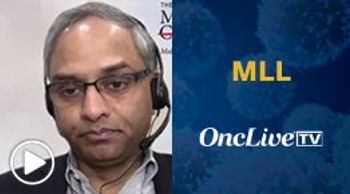
Sattva Neelapu, MD, discusses CAR T-cell products that have been approved by the FDA for different subtypes of lymphoma.

Sattva Neelapu, MD, discusses CAR T-cell products that have been approved by the FDA for different subtypes of lymphoma.
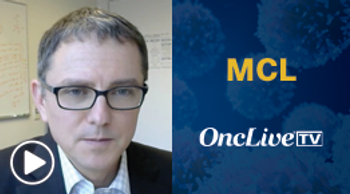
Brian Till, MD, discusses the potential to utilize CAR T-cell therapy earlier in the treatment of patients with mantle cell lymphoma.
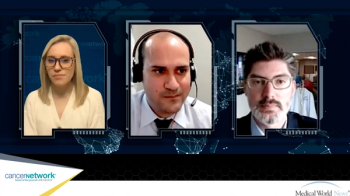
CancerNetwork® was joined by 2 clinicians from Moffitt Cancer Center to discuss why some patients do not respond to CAR T-cell therapy, despite the significant promise of the treatment modality.
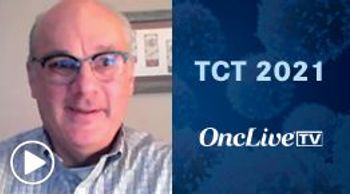
Mark Walters, MD, discusses the safety profile of betibeglogene autotemcel gene therapy in pediatric patients with transfusion-dependent β-thalassemia, as reported in the phase 3 Northstar-2 and Northstar-3 trials.
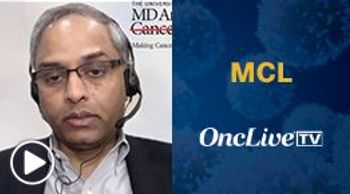
Sattva Neelapu, MD, discusses emerging CAR T-cell therapies for patients with relapsed/refractory mantle cell lymphoma.
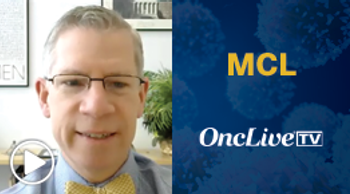
Robert M. Dean, MD, discusses the potential role for consolidative CAR T-cell therapy in mantle cell lymphoma.
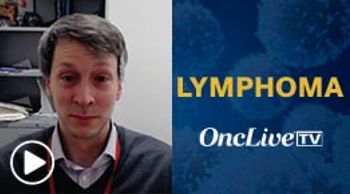
Christopher R. D’Angelo, MD, discusses advances made with CAR T-cell therapy in lymphoma.

Vamshi Rao, MD, attending physician of Neurology at Ann and Robert H. Lurie Children’s Hospital of Chicago, discusses the safety and efficacy of spinal muscular atrophy (SMA) treatments.
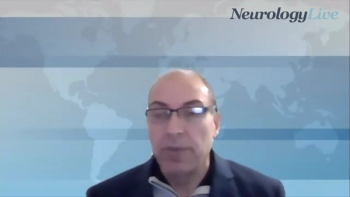
The chief medical officer at SanBio discussed how the investigational agent SB623 is being studied in TBI and stroke, with future planned studies in Alzheimer disease.
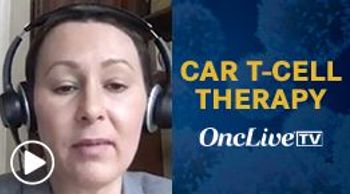
Loretta J. Nastoupil, MD, discusses logistical considerations for CAR T-cell therapy in patients with diffuse large B-cell lymphoma.
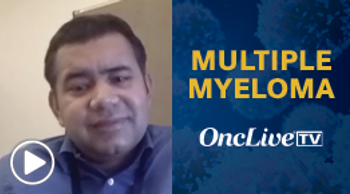
Binod Dhakal, MD, discusses the differences in onset of cytokine release syndrome with CAR T-cell therapies in multiple myeloma.
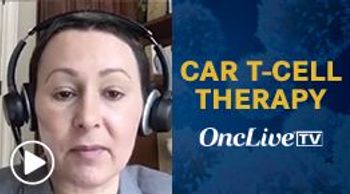
Loretta J. Nastoupil, MD, discusses challenges faced with CAR T-cell therapy in patients with diffuse large B-cell lymphoma.
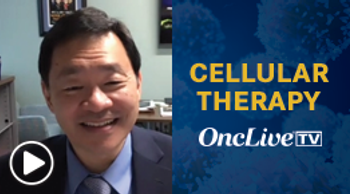
Patrick Hwu, MD, discusses the uptake of cellular therapy in the treatment of patients with cancer.

Vamshi Rao, MD, attending physician of Neurology at Ann and Robert H. Lurie Children’s Hospital of Chicago, discusses how disease modifying therapies have improved spinal muscular atrophy (SMA) prognosis.
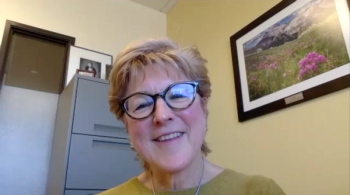
The primary investigator of the phase 4 RESPOND study discussed the role that postmarketing studies can play in assessing treatments for SMA.

The primary investigator of RESPOND discussed the trial’s goals and measures, as well as insight into why clinical trials like it are important in spinal muscular atrophy.
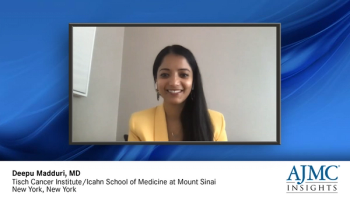
Oncologists explore the opportunity of CAR T-cell therapy for the treatment of relapsed/refractory multiple myeloma.

The chief medical officer at SanBio discussed how the investigational agent SB623 can fill the void of disease-modifying therapies for TBI.
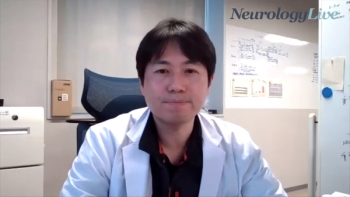
The associate professor at Hokkaido University and investigator of STEMTRA also discussed other efforts in stroke, Alzheimer disease, and Parkinson disease.
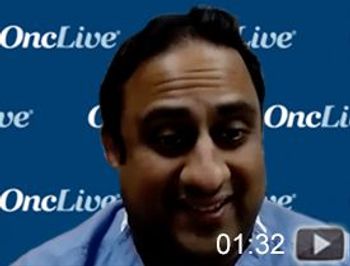
Nirav Shah, MD, MCW, discusses the safety profile of an anti-CD20/anti-CD19 CAR T-cell therapy under investigation in the treatment of patients with non-Hodgkin lymphoma.
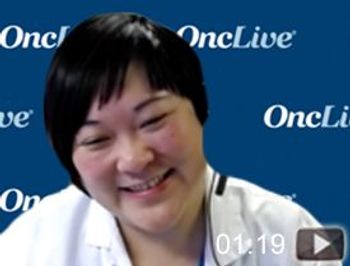
Yi Lin, MD, PhD, discusses CAR T-cell therapy–related toxicities in multiple myeloma.
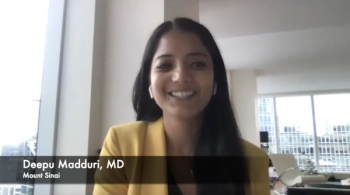
The goal of the CARTITUDE-1 study was to evaluate the use of ciltacabtagene autoleucel (cilta-cel; JNJ-68284528) chimeric antigen receptor T-cell therapy in heavily pretreated patients with relapsed or refractory multiple myeloma.
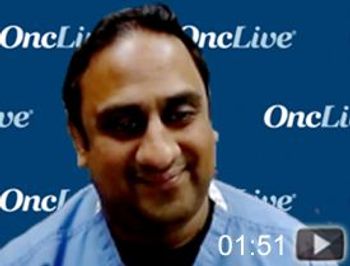
Nirav N. Shah, MD, discusses the rationale to evaluate tandem receptor CAR T-cell therapy in non-Hodgkin lymphoma.
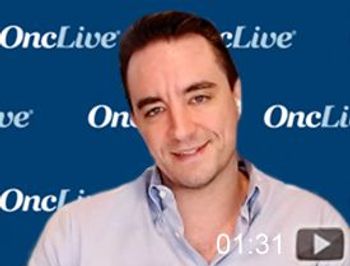
Matthew Frigault, MD, discusses differences in the toxicities experienced with CAR T-cell products used in the treatment of patients with leukemias and lymphomas.
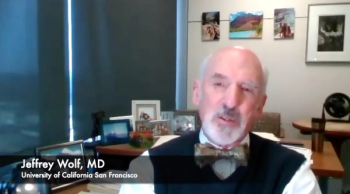
The interview features comments on the emergence of T-cell engagers for therapy in patients with multiple myeloma made during the 2020 ASH Meeting & Exposition.
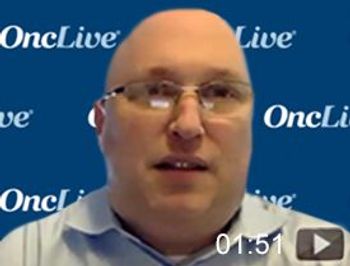
Thomas Hutson, DO, PharmD, discusses challenges with targeted therapy in non-clear cell renal cell carcinoma.
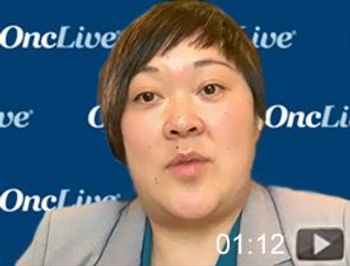
Yi Lin, MD, PhD, discusses the characteristics of patients who were included in the CRB-401 study examining the CAR T-cell product idecabtagene vicleucel in multiple myeloma.
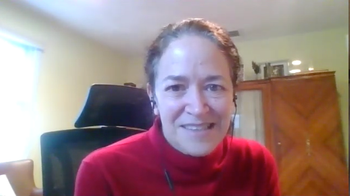
The director of the Healey & AMG Center for ALS spoke to the recent topline results of a phase 3 study of NurOwn in patients with the neuromuscular disease.
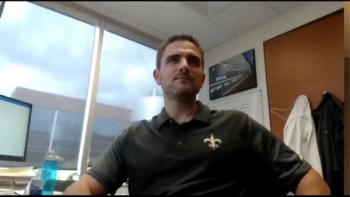
Chimeric antigen receptor (CAR) T-cell exhaustion likely stems from chemotherapy prior to transplant, noted Michael R. Green, PhD, University of Texas MD Anderson Cancer Center.
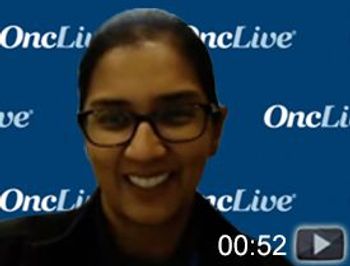
Tanya Siddiqi, MD, discusses the rationale to evaluate CAR T-cell therapy in chronic lymphocytic leukemia.